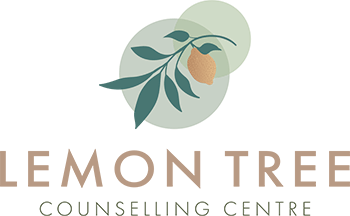You may be feeling immense pressure to perform at an extremely high standard.
As a First Responder, you may feel you can never have an “off day” since so many people depend on you to help and protect them.
Your career, although rewarding, can be exhausting and overwhelming. You may experience constant anxiety - as you never know what a day on the job will bring, and what traumatic event you may witness. Due to this, many first responders develop depression, suicidality and posttraumatic stress disorder (PTSD).
If you have endured a traumatic event, whether first-hand or experienced by a close family member, you may relate to symptoms such as:
Recurrent, unwanted distressing memories of the traumatic event
Reliving the traumatic event as if it were happening again (flashbacks)
Upsetting dreams or nightmares about the traumatic event
Severe emotional distress or physical reactions to something that reminds you of the traumatic event
As well, many first responders have developed Adjustment Disorders, largely in part due to the COVID-19 pandemic. This occurs when an individual’s reactions are out of proportion to a particular stress-related event or change in life, such as ending a relationship or losing a job. General adjustment disorder symptoms include anxiety, hopelessness, mood instability, social isolation, being orried or having depressive thoughts, impulsive behaviour, decreased school or work performance, fatigue, or insomnia.
The stress of being a first responder can also negatively impact personal relationships.
Often, first responders bring their work home with them, reflecting the pressure and strain they feel from their job onto their spouse or loved ones. This can cause tension in families, with children often being the ones affected most.
Whether you are suffering from PTSD, Adjustment Disorder, or any other general mental health issues, counselling can help you through your symptoms by tailoring approaches, directly addressing ways to manage stress, and teaching you the tools needed to decrease the negative effects of intrusive thoughts.
Counselling teaches you that it is okay to be vulnerable, to let your guard down and take care of yourself so you can take care of others. Whether you are a police officer, firefighter, dispatcher, rescuer, paramedic, an emergency medical technician, or one of the many others who work every day in order to keep our communities safe, your mental health matters and we are here to support you and provide you with the resources needed to cope during these stressful and challenging times.
Please feel free to book your appointment online or contact us to check if one of our counsellors is a good fit. You can also check our base fees here.
“Forces beyond your control can take away everything you possess except one thing, your freedom to choose how you will respond to the situation.”

WHERE HEALING & CHANGE BEGINS.
Please do not hesitate in contacting us if you would like more information or have any questions regarding any of our counselling specialties. We’d love to discuss your needs and help match you with one of our counsellors!
LTCC offers complimentary 15-minute phone consultations during which you can get to know your counsellor.

